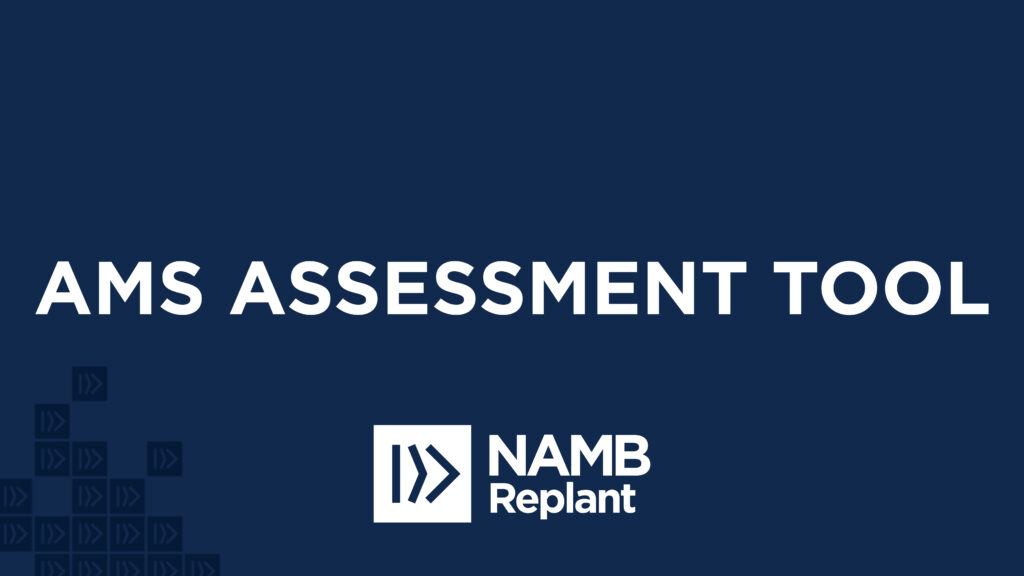Replanting is an incredibly difficult task. There are many issues to deal with to successfully turn a church around, but these issues are magnified within a rural context. While most planters and replanters generally prefer to minister within a city context, most Southern Baptist churches are set in a rural context.
Considering that a lot of those congregations minister in a rural context, we must ask: How do we successfully serve them?
The church I serve is in a small, rural setting. In fact, my community literally used to be named Redneck, Mississippi! You can’t make this stuff up! But after WWII they renamed it Singleton. There are more chicken houses than subdivisions. (For those of you who don’t speak Mississippian, chicken houses basically are large chicken coops where people raise mass quantities of chickens.) Additionally, even though the community is small, a lot of churches were started in the late 1800s because, at the time, travel was difficult, so people started churches where the people were.
The challenge of family chapels
Most rural areas are very similar to mine. Lots of acreage, fewer people, numerous smaller churches in a close proximity to one another. What results are a number of smaller churches that function as “family chapels.” I define a family chapel as a smaller church generally led by one or two families. Pastoring these type of churches can be especially hard, but very rewarding. A lot of times these “faithful few” are holding down many of the leadership positions in the church and they can usually make or break a new pastorate. It will not take you long to locate these people. A replanter must quickly identify them and connect with them. These are the people who have kept the church afloat and they need to be encouraged and equipped to come alongside the replant pastor to lead in bringing about change. Unfortunately, sometimes these people are the reason a church is needing to be replanted. Either way, most rural replanters need to be aware of the “family chapel” model, because a lot of them are in dire need of replanting.
The culture of the church
Like any pastoral position, it is crucial to understand the culture of the rural church. Whether you are serving in metropolis or a rural church, a pastor must understand what makes a church “tick.” Generally, you can tell what makes a church tick by the way that it spends its money. Do they support missions, the local children’s home, the local association, etc.? A pastor must get to know not just the people, but the way in which a church operates. A lot of times, you can see proverbial “golden calves” that are very important to specific people within the church. A replanter can easily walk into a minefield should he attempt to change them. Understanding the culture of the church, good and bad, is extremely helpful in a replanting context. A replanter must understand this if he is to lead in any sort of change, but he can only do this if he is willing to understand the culture of the church.
The context of the community
Just as a church planter has to understand the culture of the area he is planting, a rural replanter also must understand the community. Where do people in the community go to relax, play, socialize, buy groceries, shop? These are very important for understanding how to minister to a rural community. For example, in Mississippi, football is king, so connecting to people at football games is incredibly valuable, because that is where people are. Rural replanters might not have great opportunities to meet lots of people at the local Starbucks, but I assure you, people go to socialize somewhere. In my community, it is the local Wards (which if you haven’t had the opportunity to go to one, you are missing out!) and one of the local auto parts stores. If I want to know what is going on in the community, I go to the local parts store because one of my members owns it! Wherever these local places are in your rural community, connect to people there. Spend a few minutes, drink a subpar cup of coffee and connect with members of the community. Invest in these places, and you will begin to understand the context.
Communicating for change
Regardless of the community, whether it is rural, suburban or metropolitan, the most important thing a replanter can do to lead change is to preach the Gospel. By understanding the culture of the people and the context of the community, a replanter can lead change, but only if he is doing it through faithful gospel preaching. By culturally exegeting the community, a replanter can be faithful to the people he is called to lead, because he is truly able connect their issues to the gospel. For example, my area in rural Mississippi has issues that other places don’t: extreme poverty, racism, access to good healthcare and many more. I must understand how these issues impact my community, especially when I talking with people in my community. Knowing the “front and center” concerns in a rural area are important for gospel-centered encouragement and discipleship.
Replanters must know the culture and context if they are to be a catalyst for change. Connect with your people … connect with the community … connect them with the gospel!
Published April 3, 2024




